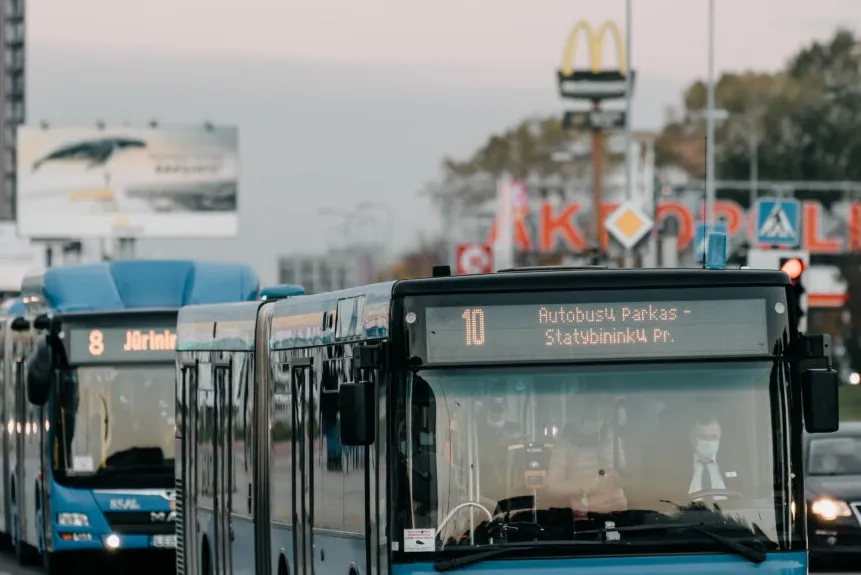Canada’s south coast British Columbia Transportation Authority (TransLink) has adopted the NXP Semiconductors MIFARE technology platform for Vancouver’s public transport system. Vancouver is introducing the Compass card, which will enable passengers to enjoy convenient and secure transactions across buses, sky trains and ferries using just one contactless smart card. In addition, passengers can add travel products or values to their Compass card at vending machines, online, by phone, or at a walk-in custome
February 4, 2013
Read time: 2 mins
Canada’s south coast British Columbia Transportation Authority (376 TransLink) has adopted the 566 NXP Semiconductors MIFARE technology platform for Vancouver’s public transport system.
Vancouver is introducing the Compass card, which will enable passengers to enjoy convenient and secure transactions across buses, sky trains and ferries using just one contactless smart card. In addition, passengers can add travel products or values to their Compass card at vending machines, online, by phone, or at a walk-in customer service centres.
The MIFARE DESFire EV1-based ticketing system, including NXP’s infrastructure solutions is currently being installed. The open architecture platform is based on open global standards for both air interfaces and cryptographic methods. In addition to offering data transfer rates of up to 848 kbit/s, MIFARE DESFire utilises a triple DES, 3K DES, and AES hardware cryptographic engine for securing the data on the smartcards and data during transmission.
The MIFARE DESFire platform enables seamless extensions of ticketing solutions on banking cards or on NFC-enabled mobile devices both working with NXP’s SmartMX high security microcontroller technology.
Vancouver is introducing the Compass card, which will enable passengers to enjoy convenient and secure transactions across buses, sky trains and ferries using just one contactless smart card. In addition, passengers can add travel products or values to their Compass card at vending machines, online, by phone, or at a walk-in customer service centres.
The MIFARE DESFire EV1-based ticketing system, including NXP’s infrastructure solutions is currently being installed. The open architecture platform is based on open global standards for both air interfaces and cryptographic methods. In addition to offering data transfer rates of up to 848 kbit/s, MIFARE DESFire utilises a triple DES, 3K DES, and AES hardware cryptographic engine for securing the data on the smartcards and data during transmission.
The MIFARE DESFire platform enables seamless extensions of ticketing solutions on banking cards or on NFC-enabled mobile devices both working with NXP’s SmartMX high security microcontroller technology.









